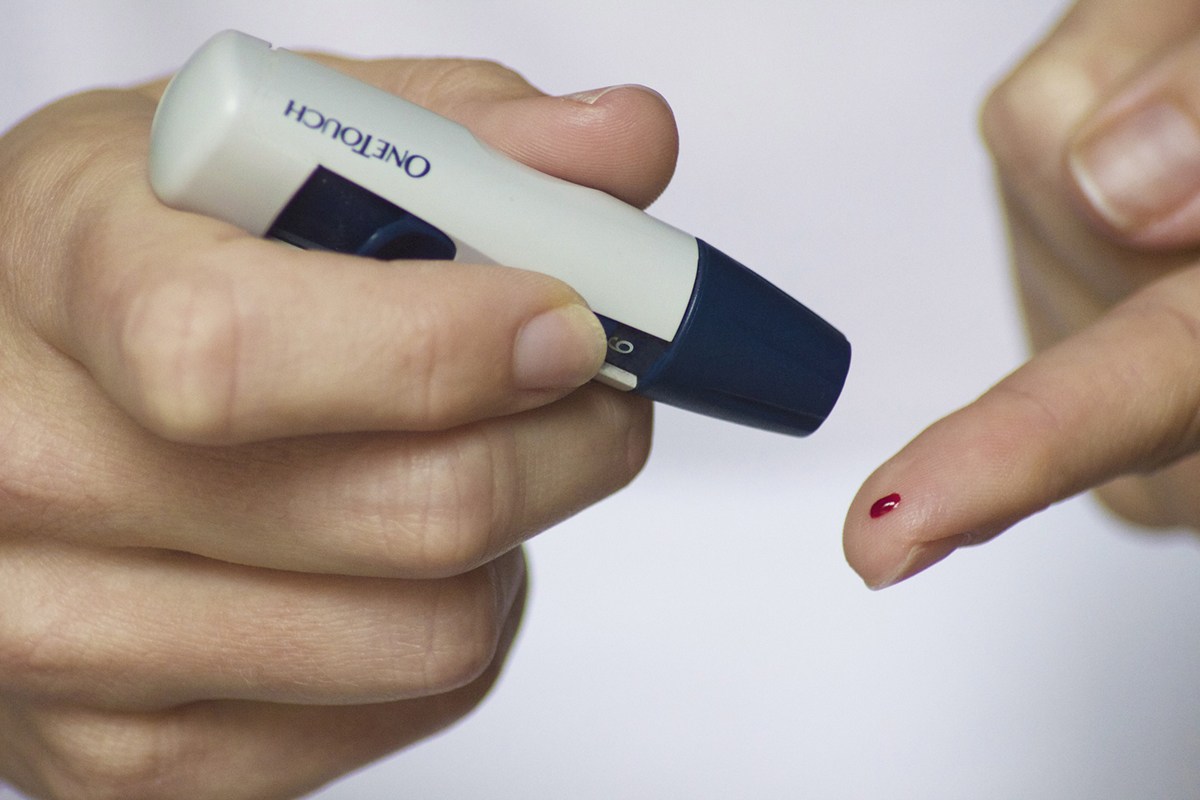
Treatment for low blood sugar aims to raise levels of sugar in the blood to normal thus relieving symptoms and to prevent decrease in blood sugar levels in future.
Low Blood Sugar Overview
Low blood sugar, also called hypoglycemia, refers to abnormally low level of blood sugar (glucose). Hypoglycemia represents blood glucose level below 70 mg/dL. This condition develops when body becomes unable to regulate blood sugar levels. Hypoglycemia mostly affects elderly and infants but it may occur at any age. Low blood sugar is common in people with diabetes and may occur as a result of medication treatment for diabetes or insulin overdose. It is important to identify the cause of low blood sugar in order to prevent future complications.
Causes of Low Blood Sugar
As it was already mentioned, low blood sugar is commonly seen in people suffering from diabetes or high blood sugar. Diabetes is treated with insulin or other medications designed to lower blood sugar levels. If diabetics take too much insulin it can lead to hypoglycemia. Low blood sugar may also occur as adverse effects of medications for diabetes, especially if person doesn’t eat enough after taking them. Low blood sugar may also result from impaired functioning of certain body organs such as the liver or kidneys. Hormonal imbalance can cause hypoglycemia due to deficiency of certain hormones responsible for control over glucose production. Low blood sugar can occur due to use of certain medications such as beta blockers, sulphamethoxazole and trimethoprim. Heavy alcohol drinking may also lead to low blood sugar as well as some underlying medical condition such as severe liver disease and anorexia nervosa.
Symptoms of Low Blood Sugar LevelPerson with low blood sugar may experience sweating, headache, dizziness, visual disturbances, anxiety, tremor, palpitations, irritability, vertigo, fatigue, and panic attacks. In severe cases, low blood sugar level may cause abnormal behavior, confusion, seizures, loss of consciousness and even coma and death.
Treatment for Low Blood Sugar
Immediate initial treatment to increase blood sugar level involves intake of sugar. That can be table sugar, candy, fruit juice, honey, milk, soda or glucose tablets. If this doesn’t raise blood sugar level it may be necessary for the sufferer to inject glucose. In case that any of these steps don’t help immediate medical attention is needed. When sugar level finally goes above 70 mg/dL, cause of low sugar level must be identified to avoid future episodes. Diet and lifestyle changes can be certainly helpful in preventing hypoglycemia. It is important to avoid alcohol, caffeine and white flour as well as restrict intake of refined sugars and carbohydrates if you are prone to low blood sugar level.


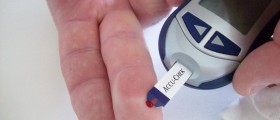
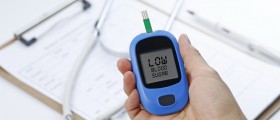
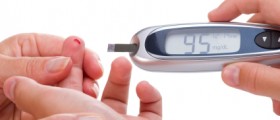
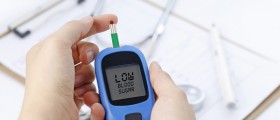
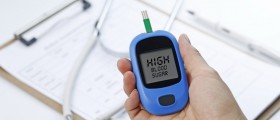




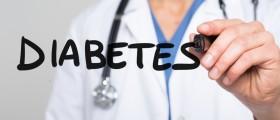




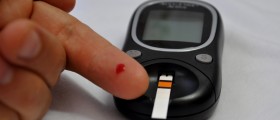
Your thoughts on this
Loading...